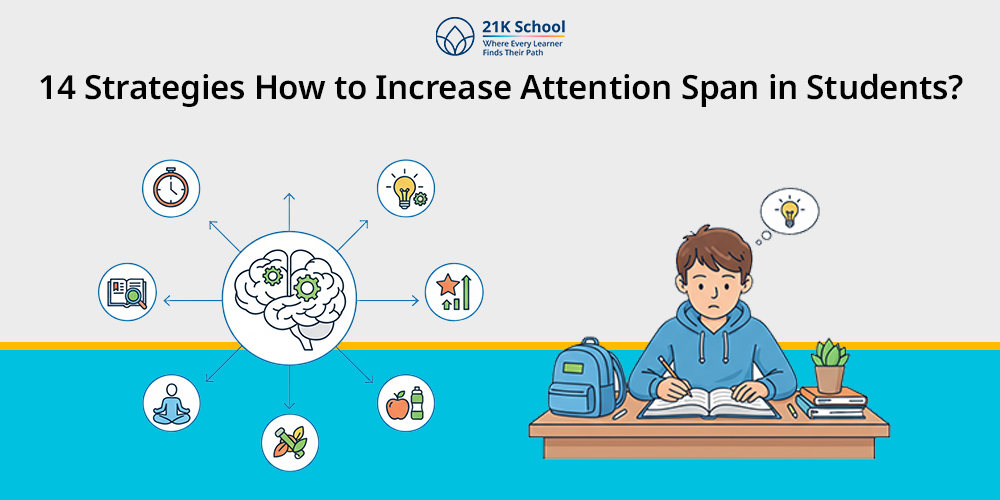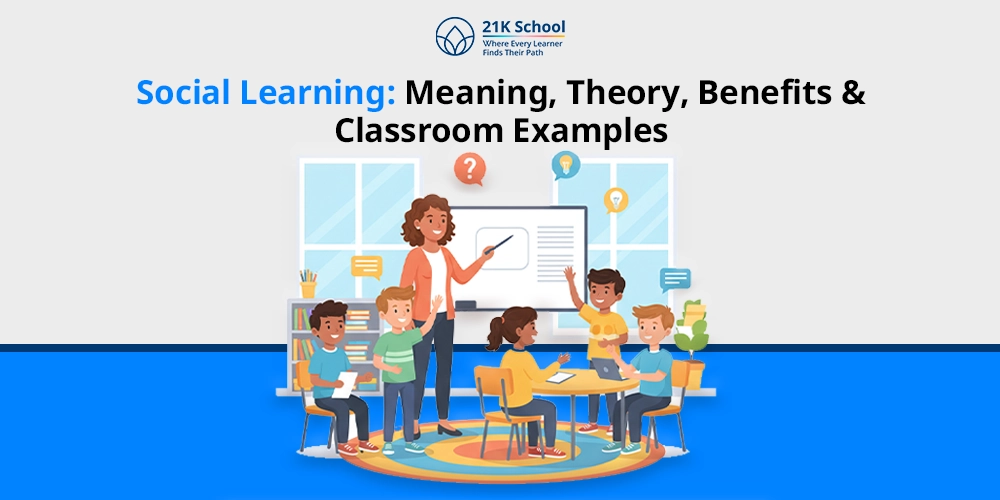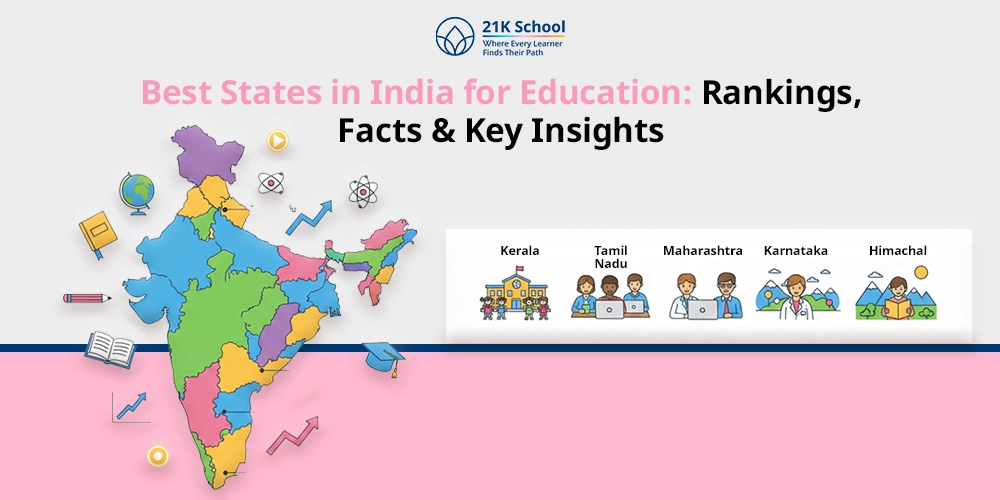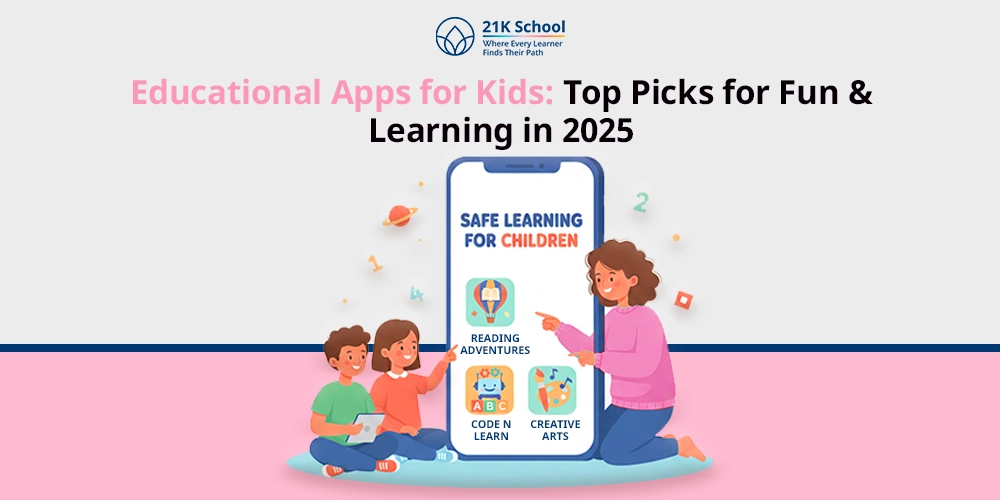
In this growing digital world focus is one of the biggest challenges from young kids to adults. While learning endless notifications and noise can reduce attention span in students.
Most of the students nowadays find difficulty to get good marks due to less attention span in classroom learning.
But questions always stuck on: How to Increase Attention Span?
A short attention span can impact the both academic and personal growth of students. Fortunately there are many ways by which attention span can be improved.
In this blog, we will notice some of the top 14 proven strategies to increase attention span.
Table of Contents
What Is Attention Span in Students?
Attention span means a particular amount of time students spend on a task without distractions. It helps in improving memory, vocabulary, comprehension, and learning capacity.
Healthy attention span includes concentration, completion of task, deep understanding, and desired results.
How to Increase Attention Span in Students: 14 Proven Strategies
With proper implementation of the below mentioned 15 strategies one can increase attention span:
1. Decrease Distractions
To increase attention span start with removing various distractions especially while learning in the classroom or home.
A distraction free environment is ideal for learning new things without challenges. Some common distractions like:
- Smartphone notifications
- Noisy surroundings
- Cluttered desk area etc.
2. Meditation
An effective approach known as “Meditation” is an ideal strategy to increase attention span in daily life.
One can start with 6 to 10 minutes meditation daily to enhance concentration and understand the goals.
Teachers must encourage students to:
- Begin with simple breathing exercises.
- Take help of meditation apps.
- Open, quiet and nature area for good health.
3. Break Tasks Down
Students juggling a lot of homework, large or complex tasks lose their focus of learning.
Smaller, manageable chunks are more easy to digest and retain effectively. This increases students’ attention span with less stress.
Completion of tasks gives students a sense of accomplishment which motivates them to increase attention span.
4. Mindfulness
Practicing mindfulness activities is one of the ideal ways to bring focused, non-judgmental attention to the present.
Mindfulness exercises and activities such as:
- Body scans.
- Deep breathing.
- Mindful breathing.
- Simply noticing the sounds.
Practice regularly ensures less distractions and more focus on particular tasks.
5. Adjust Tasks
Students with too difficult or too easy tasks can lose their attention and easily fade. The balance of both is important for focus and engagement.
To do so one can provide:
- Differentiated learning activities.
- Quizzes, visuals, and group work.
- Connect textbook topics into real-life situations.
6. Healthy Diet
Learners often neglect to take a healthy diet. However, it is important for brain growth and development.
To improve brain performance a healthy and balanced diet boosts learners efficiency.
Some common elements one must include:
- Whole grains
- Fruits and vegetables
- Nuts and seeds
- Omega-3 rich foods
7. Listen to Music
Attention also decreases due to bad mood swings, and environmental interruptions. However, listening to good music helps in focusing.
A simple and soothing tune can also become a barrier between the outside world and kids learning.
Some suggestions such as:
- Choose instrumental sounds.
- Make learning playlists or white noise.
8. Focus on Sleep
To improve attention one must focus on the sleeping habits because poor sleep leads to poor concentration.
A positive and productive mind needs better sleep and environment to retain information and maintain alertness.
Things one should maintain are:
- 8 to 9 hours of quality sleep.
- Avoid longer screen time.
9. Train Your Brain
From a young age, students who train their brain or become habitual to concentrate on different tasks will help them to increase their attention span gradually.
Some simple ways of brain-training activities:
- Educational apps.
- Sudoku or crossword puzzles.
- Memory games.
10. Schedule Breaks
Learners who often spend longer time to focus leads to anxiety and stress. One must schedule breaks to regain the brain strength and power.
It’s just like recharging by taking small and quick breaks. In this time students can:
- Read any quote or write dairy.
- Warm up exercise.
- Take quick meals etc.
11. Active Listening
Practicing active listening is also an effective way to improve attention span. Focus on lectures, debates, and group discussions is beneficial.
Students who are active listener are:
- Become more productive.
- Focus on the speaker and analyse important information.
- Retain maximum knowledge with attention.
12. One Task at a Time
Multitasking has a negative impact on efficiency and concentration. To avoid poor attention span, focus on one task at a time.
It will enhance the quality and concentration of learning together. It is beneficial for:
- Improved focus and attention.
- Increased productivity and quality.
- Enhance creativity.
Explore how to concentrate on studies.
13. Physical Activity or Exercises
Physical activity or exercises empower strength and mindset to focus maximum. It boosts an individual’s mood and reduces stress for better attention.
Some effective activities are like:
- Morning walks or yoga.
- Stretching between study sessions.
- Outdoor games or sports.
14. Prioritise Task Scheduling
Prioritising task scheduling is also an important part of improving attention. This can be done by making a realistic daily or weekly study timetable.
Schedule each day accordingly and reduce the confusion will enable sustained attention throughout the day. How to do it:
- List out the tasks.
- Use planners or digital tools.
- Assign time blocks.
Conclusion
In students, increasing attention span offers a lot of benefits. From building good habits, concentration, mindsets, and a positive learning environment.
This can be done by small changes in daily life such as decreasing distractions, meditation, breaking tasks down, mindfulness in the classroom etc.
The effective implementation of these strategies by parents and teachers can show a big difference in students’ concentration and academics.
In a world full of distractions, applying the best and proven strategies ensure future achievements.



